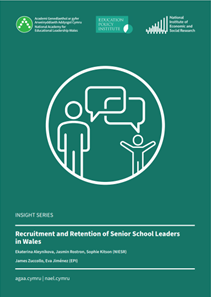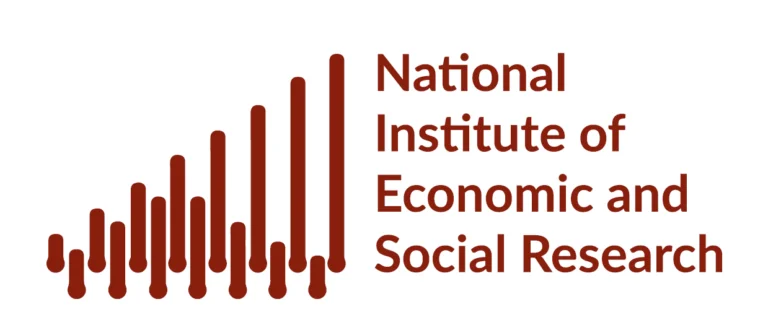The role of a school leader is fundamental to shaping the educational environment and influencing the overall success of a school. Effective school leaders inspire and motivate both teachers and students, creating a vision for the school and fostering a positive and inclusive school culture. However, maintaining the supply of school leaders in Wales is challenging.
In this context, this research aims to broaden and deepen the existing evidence base on the challenges in recruitment and retention of senior school leaders in Wales, and how those challenges could be addressed.
This research was commissioned by the National Academy for Educational Leadership and undertaken by the National institute of Economic and Social Research and the Education Policy Institute. In this project, the EPI team undertook the review of the existing quantitative data and evidence.

You can read the report in full here.
You can also access a copy of the report in Welsh here.
The National Academy for Educational Leadership was established in 2018, under the Companies Act 2006. As an arm’s length body, its primary role is to fulfil its responsibilities set within the context of the Welsh Government’s strategic aims. Its main purpose is to:
- Contribute to the development of the professional capabilities of current and aspiring leaders across the education
system by providing coherence and quality assurance for the range of educational leadership development
opportunities available in Wales. - Act as a thought leader; developing, articulating and implementing a vision and strategy for educational leadership in
Wales. - To be a respected and active member of the education middle tier, the first point of contact for the educational
workforce in regard to leadership matters.

The National Institute of Economic and Social Research (NIESR) is Britain’s longest established independent research institute, founded in 1938 by a group of major social and economic reformers including John Maynard Keynes and William Beveridge. As a charity, its aim is to improve the public’s understanding of the ways through which economic and social forces impact on their lives, and the ways in which policy can bring about change. In doing so it remains independent of all party-political interests.


